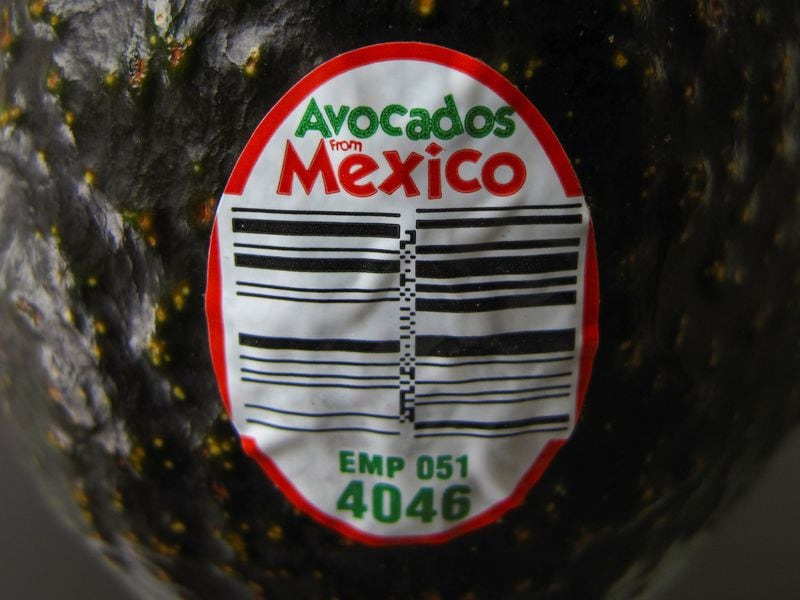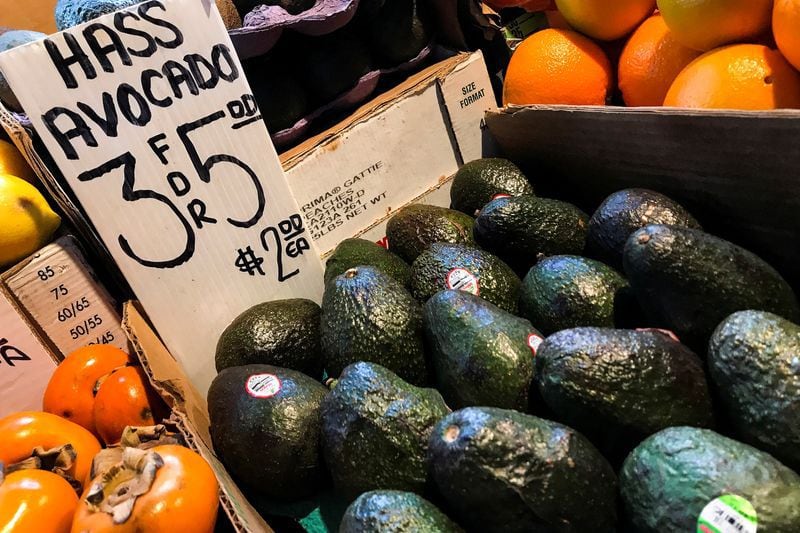:quality(85)/cloudfront-us-east-1.images.arcpublishing.com/infobae/233F4MZH5JAOXPO6XLYSOVJ5TA.jpg 420w)
A panel of the World Trade Organization (WTO) sided with Mexico in a dispute it had held with Costa Rica since 2015 over restrictions on the import of Mexican avocados and considered the country discriminated against Mexican products without scientific evidence of possible health risks.
This controversy arose in April 2015, when the Phytosanitary Service of the State of Costa Rica (SFE) suspended the import of avocados from Mexico, citing an alleged “high risk” arising from the importation of Mexican avocados due to the possible presence of the mancha del sol viroid (ASBvD), the Secretary of Economy of Mexico.
The panel considered that the health risk assessment presented by the Central American nation lacked sufficient scientific basis, confirming that the measures imposed are incompatible with the SPS Agreement because they were not based on a risk assessment appropriate to the circumstances, and discriminate against Mexican avocados against Costa Rican avocados.
The Mexican government highlighted that the panel endorsed that the exported avocado is destined for human consumption and does not pose any risk to the health of the crop, as shown by more than two decades of uninterrupted trade without any record of any mishap due to the export of Mexican avocados to the rest of the world.

Mexico had complained in 2017 that Costa Rica was unduly restricting the import of fresh avocados, and a dispute settlement panel has been examining the case since 2019.
The Ministry of Economy said that our country will continue to defend the interests of its industry and will seek compliance with Costa Rica's international obligations.
In February of this year, the United States lifted a ban on the inspection of Mexican avocados and resumed exports of the fruit after they were temporarily suspended due to threats from an armed group to an American inspector who was in Michoacán.
The suspension of inspections had threatened exports of avocados from Mexico, estimated at about $3 billion annually, and raised the possibility of increased prices of this product for US consumers.
Ambassador Ken Salazar said the decision came after Mexico and the United States agreed to “take measures to ensure the safety” of inspectors in charge of ensuring that Mexican avocados do not carry diseases or pests that could harm American gardens.

T he US Department of Agriculture said the inspector received a threat “against him and his family.” He specified that the inspector had “questioned the integrity of a certain shipment and refused to certify it for specific reasons”.
Michoacán is the only Mexican state certified as pest-free and able to export avocados to the US market. Reports have multiplied that some Mexican packers buy avocados from other states that are not certified and try to pass them off as being of Michoacán origin.
This episode represented a warning for the Mexican economy, as our country covers almost 92% of the purchase by import of this futo in the United States and at some point it was warned that importing companies could feel motivated to seek out other suppliers beyond Mexico.
Peru, Colombia and Chile already send avocados to the United States, but in quantities that are only a small fraction of Mexico's production, however, for Michoacán farmers it is a point that must be taken care of as much as possible.
KEEP READING:
